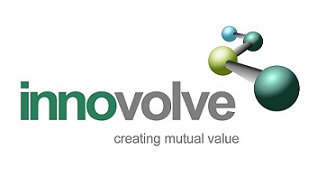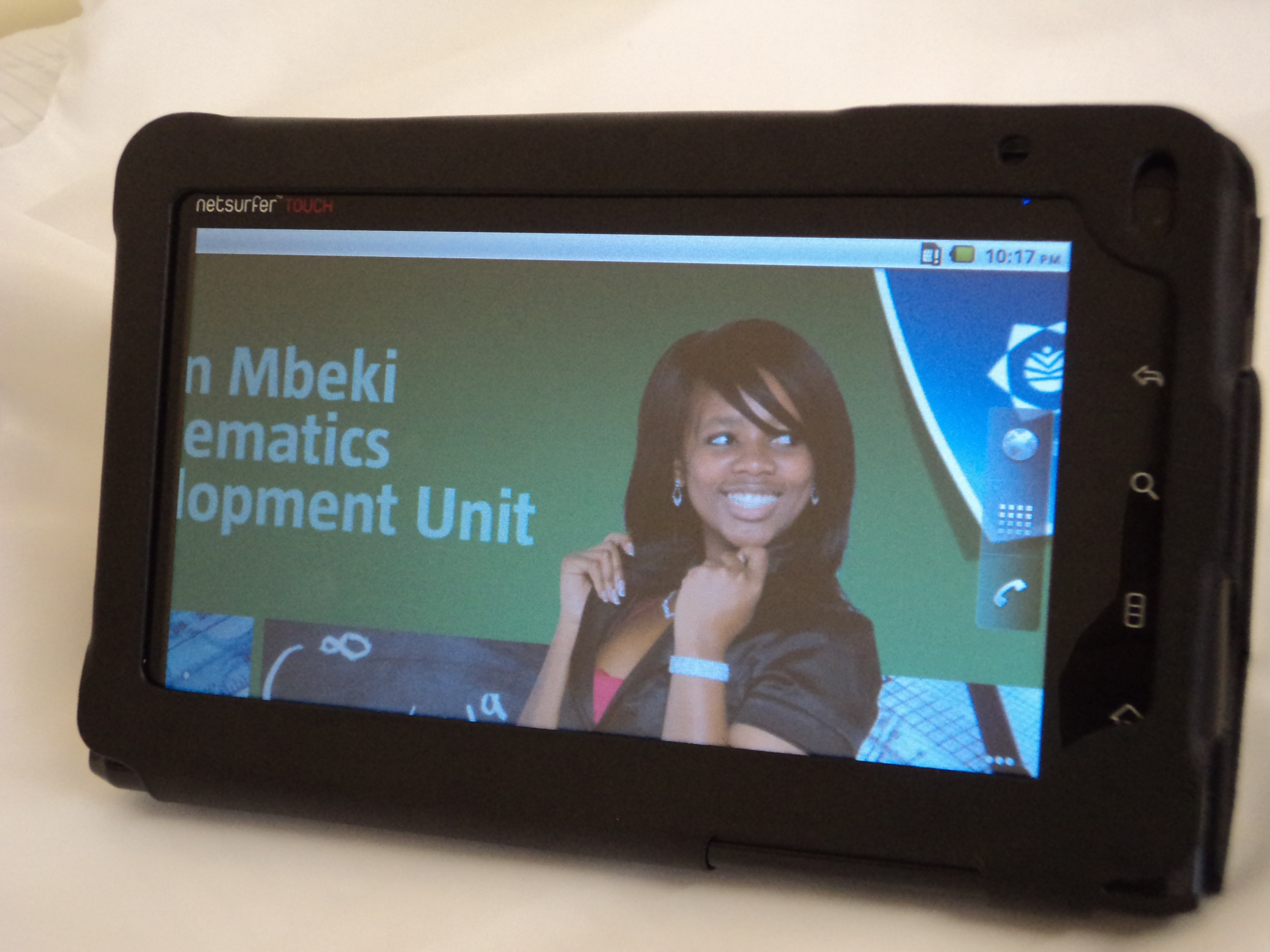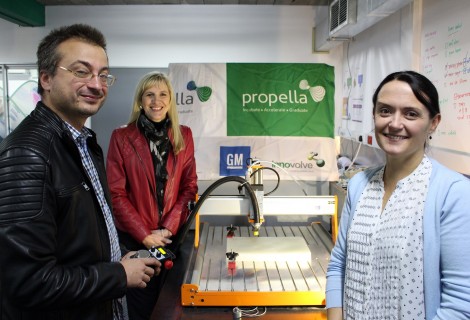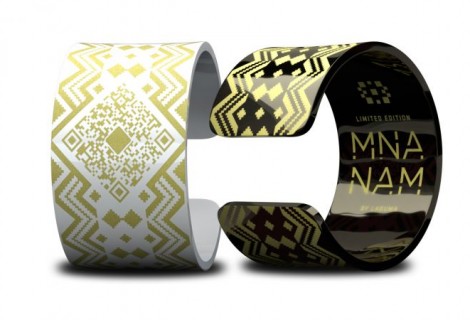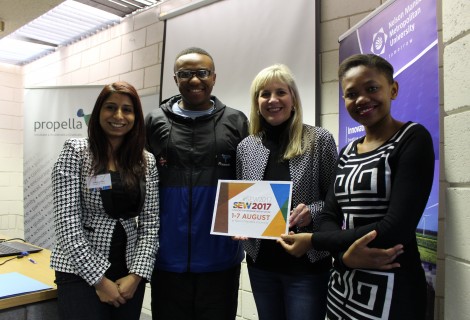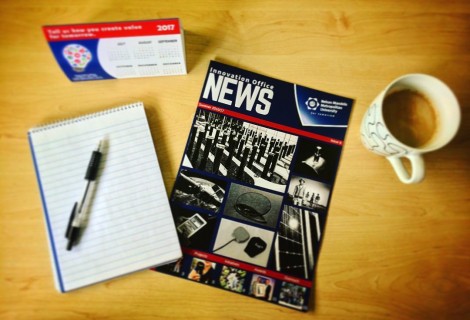Innovation Conversation: Prof. Olivier discusses maths unit
The latest Innovation Conversation that appeared in The Herald on 10 October 2015 discusses the important role Innovation plays in education.
Read the full extract from The Herald below:
NMMU leads the way in teaching maths, science to ‘digital’ pupils
In today’s column, written by members and guests of the Regional Innovation Forum, we explore why it necessary to innovate to educate – and then constantly re-innovate – to keep up with rapidly changing times.
SOUTH Africa’s teens cannot all be lumped together.
Their languages, schools and transport set them worlds apart.
But most have one thing in common: they are the digital generation.
Their “texting thumbs” are probably the most developed they have yet been in human history. (And their attention spans probably the shortest.)
Those in industries that aim to connect with teens need to put technology on the agenda.
Cellphone companies get it. Apple gets it.
Unfortunately, those who spend most of their time with teens – their teachers – usually don’t.
Many are still teaching the way they did 20, 30, 40 years ago – talk and chalk, the “sit, get and forget” model. Is it working? Not according to last year’s World Economic Forum survey, which put maths and science education in South Africa at the very bottom of the list – 148th out of 148.
Those in a position to improve education need to think like the pupils they are trying to reach. And it takes more than just handing out tablets: educational technology should be clever and strategic – and should make a difference.
Above all, it should contribute to higher pass rates.
In recent years, NMMU’s Govan Mbeki Mathematics Development Unit (GMMDU) has developed a teaching/ learning model based on constantly evolving technology.
The entire grade 10, 11 and 12 syllabus for maths and science has been translated into curriculum-aligned video lessons, with PowerPoint presentations, experiments, self-tests and digital support material.
It is available offline on a tablet (TouchTutor™) for pupils.
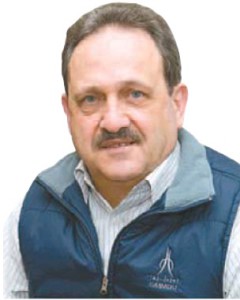 The aim is to create exciting, visual learning environments and experiences for pupils, in and out of class.
The aim is to create exciting, visual learning environments and experiences for pupils, in and out of class.

Prof Werner Olivier heads NMMU’s Govan Mbeki Mathematics Development Unit. He also occupies a FirstRand Foundation Chair in Mathematics Education at the university. Olivier won NMMU’s Engagement Award for 2014.
Pupils with potential from disadvantaged schools are selected to attend a Saturday incubator school programme.
They are given tablets and taught to use them.
Others are in a Tablet-Assisted Peer Support (TAPS) programme on school afternoons.
For teachers (many in South Africa are unqualified or underqualified), the same model is available on a laptop which can be used for personal support or classroom teaching.
There is a desktop model for school computer labs, so other pupils can access the maths and science support model. Is it working? Last year Mava Qolo, an incubator school participant from a Cradock-area underprivileged school, achieved 96% for matric maths and 92% for science (previously 66% and 62%).
He is now studying mechatronics at NMMU.
Pupils who complete GMMDU’s incubator programme improve by at least 10%.
GMMDU is constantly reinventing its model to keep up with technology.
The existing tablet model is in English, but GMMDU is adding an interactive maths language support function for TouchTutor™.
While watching video lessons, a pupil can look up explanations of terms and select a translation into one of six African languages.
The tablets use Mxit for maths self-assessment and a glossary of terms.
GMMDU’s model is unique among many in this country.
It has proved successful and sustainable because it “gets” today’s pupils.
GMMDU understands the need to innovate to educate.
